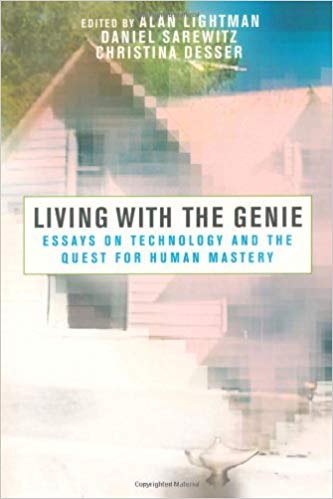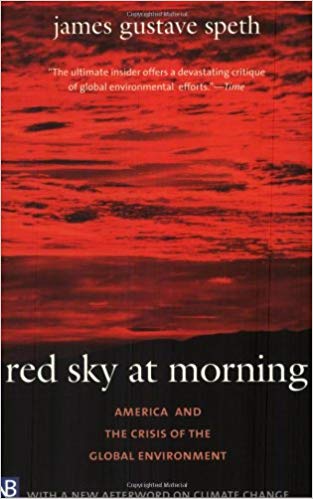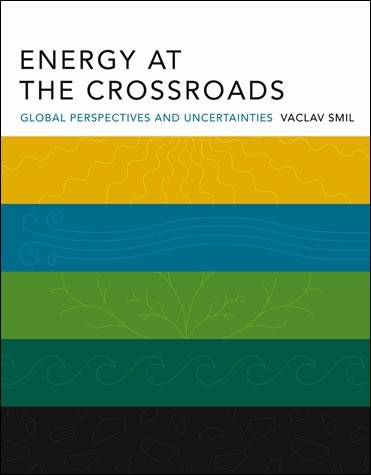U.S. Forests: Facing New Global Market
Every issue explores cutting-edge developments in technology, medicine, education, climate change, and much more. Articles provide in-depth analyses of science and technology’s impact on public policy, the economy, and society—bringing today’s best minds to bear on tomorrow’s most critical topics.
From the Hill
From the Hill – Summer 2004
Most R&D agencies prepare for budget cuts in fiscal year 2006 The Bush administration’s plan to reduce the federal deficit in half over the next five years would mean cuts in funding… Read More
Perspectives
Flying Blind on Drug Control Policy
Not knowing about the actual patterns of illicit drug abuse and drug distribution cripples policymaking. As the subtitle of a National Academies report put it four years ago, “What We Don’t Know… Read MoreRecoupment Efforts Threaten Federal Research
In recent years, members of Congress and health advocates have proposed legislative “recoupment measures” that would inappropriately and unfairly place the onus for the pricing and affordability of therapeutic drugs and biologics… Read MoreWhat Is Climate Change?
Believe it or not, the Framework Convention on Climate Change (FCCC), focused on international policy, and the Intergovernmental Panel on Climate Change (IPCC), focused on scientific assessments in support of the FCCC,… Read MoreIs Human Spaceflight Obsolete?
During the past year, there has been a painstaking, and painful, investigation of the tragic loss of the space shuttle Columbia and its seven crew members on February 1, 2003. The investigation… Read More
Features
Electrical Blackouts: A Systemic Problem
About every four months, the United States experiences a blackout large enough to darken half a million homes. As long ago as 1965, a massive blackout in New York captured the nation’s… Read MoreArchives – Summer 2004
Photo: Courtesy of Beckman Coulter, Inc. Arnold O. Beckman What began as an invention to measure the acidity of lemons ended up producing a revolution in scientific instruments–and a fortune for inventor… Read MoreCompleting the Transformation of U.S. Military Forces
On taking office in 2001, Secretary of Defense Donald Rumsfeld announced his intention to transform the U.S. armed forces to meet today’s threats of rogue states and transnational terrorism. The effectiveness of… Read MoreForests Face New Threat: Global Market Changes
For the past 100 years, U.S. forest policy has been guided by the assumption that the United States faced an ever-increasing scarcity of timber. Indeed, at times during the 20th century, there… Read MoreA Patent System for the 21st Century
The breakneck pace of innovation across many industries, the explosive developments in particular areas such as biotechnology and software, and the rapidly changing role of universities in the development and ownership of… Read MorePlugging the Leaks in the Scientific Workforce
In response to the dramatic decline in the number of U.S.-born men pursuing science and engineering degrees during the past 30 years, colleges and universities have accepted an unprecedented number of foreign… Read More
Real Numbers
Asian countries strengthen their research
The global scientific landscape is changing. During the past decade, many governments, convinced that their economic futures lay with knowledge-based economies, sought to strengthen national research and education. Increased foreign scientific competitiveness… Read More
Book Reviews

Out of the bottle
In 1995, Gartner Group analyst Jackie Fenn invented the term “hype cycle” to describe the pattern of broad public interest in technologies. A typical hype cycle begins when a “technology trigger”–a media… Read More
Environmental weatherman
Over the past half century, the environmental jeremiad has emerged as a minor publishing genre. Such works typically provide a grim assessment of the environmental situation before warning us that the time… Read More
Energy Futures
Vaclav Smil has done it again. He has written yet another important book on energy and has managed to make it interesting, readable, and rich with data and references. He begins by… Read More
